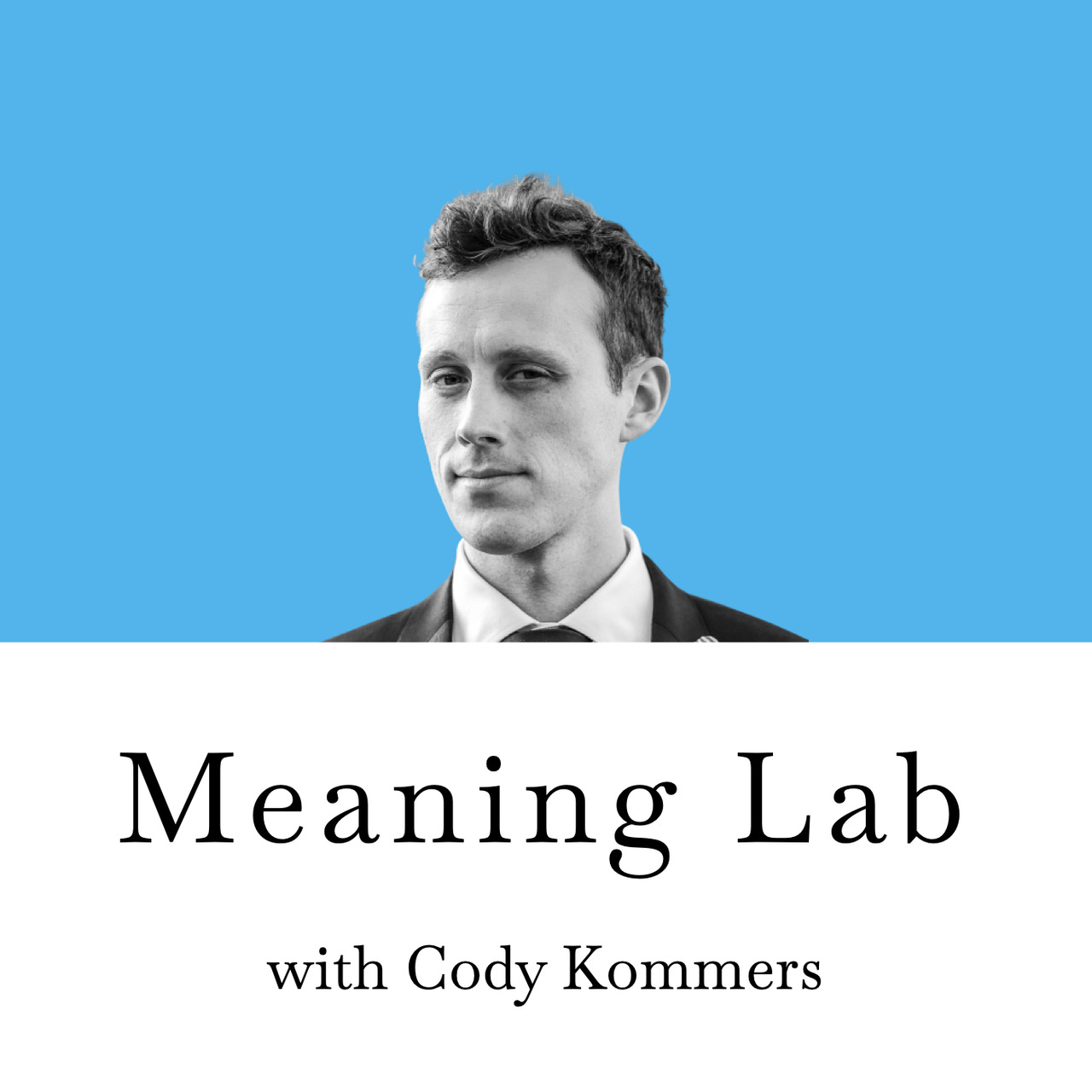#98: A Cognitive Scientist Tries to Convince Me the Mind is Flat; I Don't Think He Succeeds (feat. Nick Chater)
Description
My guest today is Nick Chater, a Professor of Behavioural Science at Warwick Business School. Nick is an influential cognitive scientist with a wide-range of interests, which these days often tend toward public policy. But in 2018, he published a book, trying to draw some culminating insights from the disparate pieces of his own work in cognitive science as well as the field more broadly. He came to the conclusion that we have dramatically misunderstood important aspects about what the overall picture of the mind looks like. He called the book The Mind Is Flat.
And by ‘we’ Nick means essentially... everyone. His argument is that the notion of the unconscious we’ve grown accustomed to over the last century or so is fundamentally flawed. We attribute all sorts of hidden ‘beliefs’ and ‘desires’ and other psychological motivations to the murky depths of the subconscious mind. But according to Chater, they aren’t really there. They’re fictions. There is no such thing as a ‘desire’ you don’t know about. According to Chater, what you see of the mind is what you get.
It’s a strange argument. Particularly because pretty much every modern theory in psychology and cognitive science presupposes there is some sort of cognitive infrastructure supporting beliefs, goals, and intentions below the surface of conscious thought. So what evidence does he have there are no such things as hidden beliefs? It’s a good question. But another way to frame it is: what evidence do we have that makes us so confident that are minds are a kind of mental iceberg of which we can only see the very tip?
That’s not to say that there’s no structure to the mind. But we’ve never seen a belief — how can we be so sure of what one would look like? I think there’s a certain story about the depths of the unconscious mind that we’ve started to take for granted. I think it’s worth taking some time to rethink that.
Nick’s alternative is that the mind is continuously improvising, deploying behavior to maintain consistency with an on-going narrative. Instead of simple psychological causes (“She believed x and wanted y, so she did z”), we are acting in a way to stay ‘in-character’ within our own story. We are like fiction authors, not constructing behavior based on firm psychological truths, but rather seeking consistency, continuinity, and growth in the arc of our character’s development. According to Nick, to say that the rest of us are acting based on some engimatic psychological depths is no more true than to say a fictional character is doing so. The story is all there is.
Here’s Nick’s alternative model, in his own words:
An improvising mind, unmoored from stable beliefs and desires, might seem to be a recipe for mental chaos. I shall argue that the opposite is true: the very task of our improvising mind is to make our thoughts and behaviour as coherent as possible — to stay ‘in character’ as well as we are able. To do so, our brains must strive continually to think and act in the current moment in a way that aligns as well as possible with our prior thoughts and actions. We are like judges deciding each new legal case by refering to, and reinterpreting, an ever-growing body of previous cases. So the secret of our minds lies not in supposed hidden depths, but in our remarkable ability to creatively improvise our present, on the theme of our past.
Nick introduces the concept of a mental tradition as the infrastructure of the mind. We get into it a little later on in our conversation. To be honest, I’m not entirely sure what he means by the term; but I like it. It takes a well-worn concept (“habit”) and articulates it with a fresh conceptual edge. At one point, I press Nick and ask him point blank whether he thinks habits exist. He says he doesn’t. I couldn’t tell you the exact difference between a habit and a mental tradition. But Nick’s position, as I’ve understood it, is that typically we believe we act according to ‘preferences’. I like coffee, so I get it first thing in the morning. No, he says. In fact, you’re acting according to a mental tradition.
In preparation for this conversation, I found myself thinking through Nick’s improvising metaphor with my own understanding of the concept — through my training as a jazz musician. If you were to ask an improvising musician about why they chose to play a specific note, they’d be able to construct a story, supported by music theory, about why that note works in the way it does. But that’s just a post-hoc story. It doesn’t describe in any meaningful sense for why that particular note was produced in the first place, as opposed to any other note which could have a music theoretical justification.
Yet that’s not to say there’s no depth. The underlying harmony does cause the note to come about in a very real sense. The musician is responding to structure. They’re not acting alone. They’re collaborating with the structure: the structure of the music, as well as the other musicians. That strikes me as a kind of depth, and one that has not just significance in the metaphor itself but also in our concept of the structure of the mind.
So what are the stakes here? Suppose this theory is true, as Nick presents it, what might the implications be? Here’s one idea:
If there are no psychological depths to be found, the only psychological "truths" are the stories we tell about ourselves and others. They are "true" by virtue of the fact that we’re telling them, in the same way there are truths about Anna Karenina simply because that’s how Tolstoy told the story. There’s something liberating about this. We’re no longer committed to defending the ‘why’ of our actions, at least from the perspective of a single motivating psychological variable. This is often what we reach for when trying to hold others to account. That may be necessary in the courtroom. But I think it’s the source of a lot of tension in our interpersonal relationships — the need to specify what caused someone to behave in a certain way. Rather, we get to look at through a different lens. We get to say okay, this is what I’ve done. How does it fit into the overall story? The theory actually gives us an explanation for why the question "why did you do that?" can be the source of so much emotional violence in a relationship. There is really no answer. Therefore any answer is necessarily wrong and inadequate. And any expectation of an adequate answer is inevitably let down.
At any rate, this argument by Nick makes me think of something said in a recent episode with Sam Gershman. The point of a model is not to be right. The point is to articulate the space of possibilities. I do think Nick is right that psychology—with the exception of 20th century Behaviorism—has for a long time taken for granted that there are some sort of depths to the mind. His argument is useful because it attempts to paint a clear and compelling version of the alternative. Whether or not he’s onto something, I’ll leave up to you.
But I think part of the exercise of thinking through his position is about gaining a better understanding of what we take for granted in the conventional ways we talk about our own mental lives. Perhaps the mind isn’t exactly flat, as Nick says, but I think it’s say to safe that we’re inclined to ascribe more depth to our minds than is merited—telling more than we can know, as Richard Nisbett called it.
This is a public episode. If you would like to discuss this with other subscribers or get access to bonus episodes, visit codykommers.substack.com
























